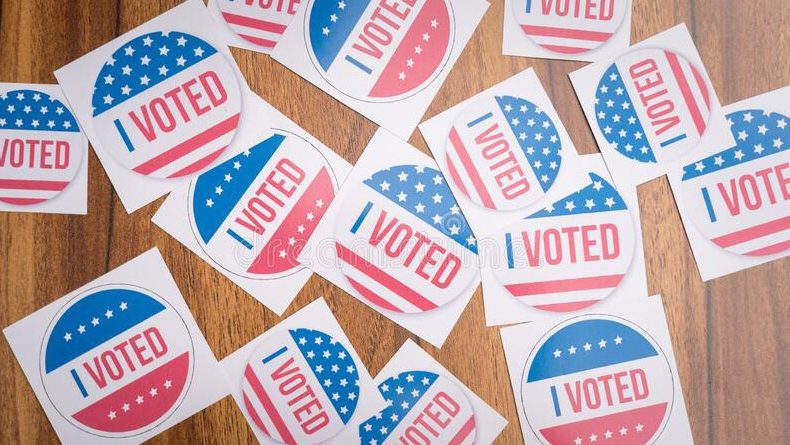The Legitimacy of Voter Fraud
Muntaser Ahmed
Staff Writer
The U.S. government’s website defines voter fraud as the “interfering with the results of an election by doing illegal things that affect the vote’s outcome. Types of voter fraud include bribery, illegal voter registration, tampering with voting machines or ballot boxes, voter impersonation, vote-buying, and false advertising about the election date or voting.” In the endless news cycles from mainstream media, watchers and listeners alike have heard about voter fraud and how it may negatively impact the status of elections in the U.S.—especially for the 2020 presidential election. But the question remains: how often does voter fraud occur, and how much of a role does it play in an election on a nationwide scale?
According to a compiled list of every instance of committed voter fraud by the Heritage Foundation Election Fraud Database, there have been 1,298 cases of voter fraud since 1982. Considering that presidents are elected by the Electoral College, we must ask ourselves: Does voter fraud even matter? The simple answer is that, logistically, no. Voter fraud is not on a scale grand enough to make a difference in an election. However, voter fraud does matter in the way that it is immoral and wrong to vote multiple times in the same election cycle. Even if the United States held elections through a process of the popular vote, the amount of voter fraud that could occur within one year, based on the figures we have, is insignificant on the outcome of an election.
How does this relate to the global scale of voter fraud? Since the beginning of 2020, the international community has been battling the COVID-19 pandemic. More than 29 million have been infected with the virus and over 931,000 of those people have died. Regardless, some countries have quarantined and shut down their economies for months, while others have avoided shutdowns by following strict guidelines of social distancing and the recommendation of wearing face masks to stop the spread of this disease.
Due to these restrictions, election processes in some countries have stalled while others have continued with precautions in place. One of the latter cases is in South Korea, a country that held its elections amid the pandemic with a 66.2 percent voter turnout, the highest since 1992, reports CNN. The election resulted in a big win of 180 seats out of 300 delegated to the Democratic party led by President Moon Jae-in. Along with those statistics, a record number of voters opted to vote early before the election, reporting no voter fraud or a delay in their election.
However, some countries are going the extra mile to prevent any cases of the COVID-19. For example, New Zealand had virtually no cases of COVID-19 and it was the first country to be declared “COVID free” after many were infected. After reports of a few cases of COVID-19 appeared in Auckland, Prime Minister Jacinda Ardern took action and put many parts of the country in lockdown and decided to postpone elections from September 19 to October 17, according to BBC.
This pandemic does not only prevent elections from occurring and reduce voter turnout; it has also resulted in some large faults in underprepared countries. Poland tried partial voting by mail but had difficulties with the amount of time allotted to voters and missing ballots from citizens living outside the country. On the other hand, NBC reports France allowed for at-risk citizens to nominate a relative to vote on their behalf to save them a trip to the polls and a potential trip to the hospital if exposed. This promoted a safe and efficient way to give the older population access to voting and prevent mishaps, although this would have generated extra work for the poll workers and those approving the nominations.
Voter fraud is insignificant and does not play a role in the way elections are run. Even though they may cause inconvenience, voter fraud does not occur frequently enough to be considered rampant in any country, especially the United States. Is it true that voter fraud happens? Yes. Is it true that voter fraud is immoral and should be fought against? Absolutely, yes. But is it also true that lies about voter fraud are a tactic to scare the public into thinking that any voting type other than going in the polls is a lost vote? I will let you decide that one.
The views expressed in opinion articles are those of the authors and do not necessarily reflect the values of The Diplomatic Envoy.


